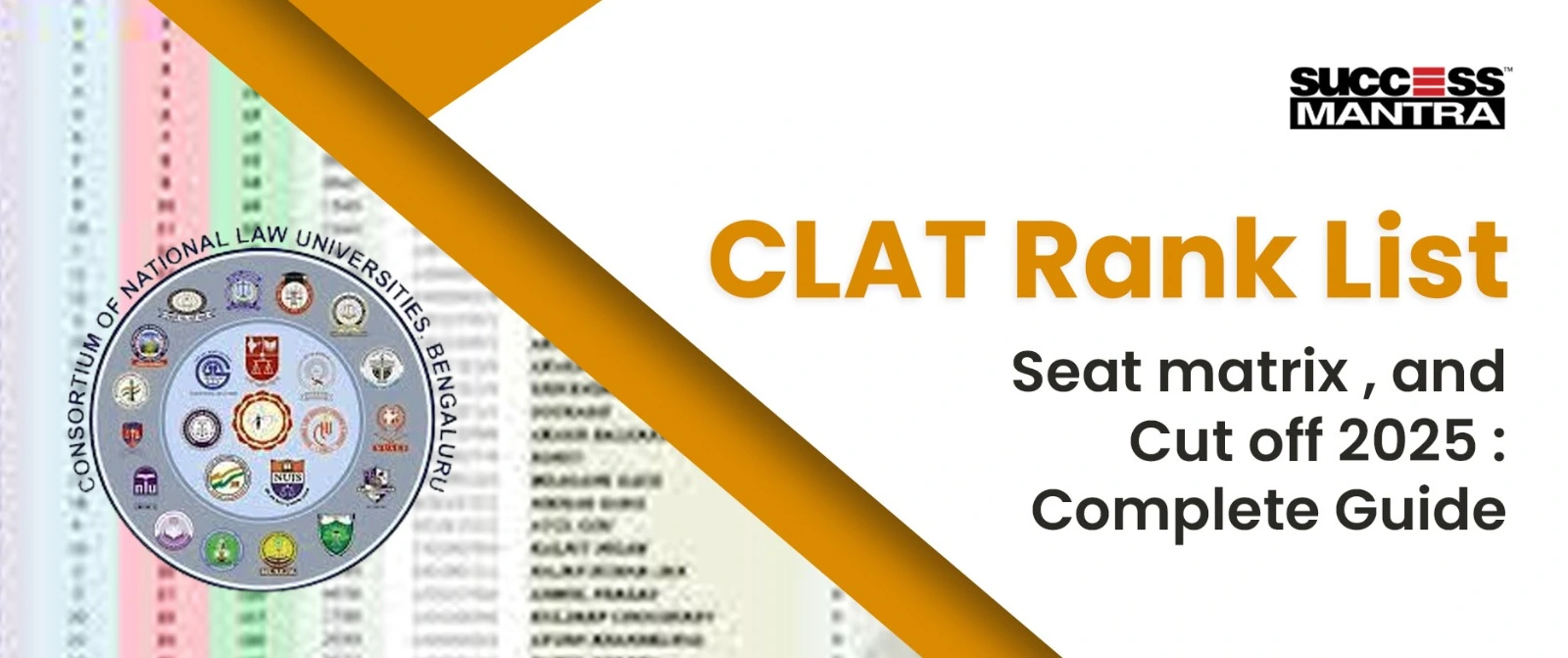GRAMMAR: PREPOSITIONS
- In is used with the names of countries and large towns; at is used when speaking of small towns and villages.
For example:
(a) I live in Delhi.
(b) I live at Rohini in Delhi.

- In and at are used in speaking of things at rest; to and into are used in speaking of things in motion.
For example:
(a) He is in bed.
(b) He is at the top of the class.
(c) He ran to school
(d) He jumped into the river.
(e) The snake crawled into its hole.
- On is often used in speaking of things at rest; and upon for the things in motion.
For example:
(a) He sat on a chair.
(b) The cat sprang upon the table.
- Till is used for time and to is used for place.
For example:
(a) He slept till eight o’clock.
(b) He walked to the end of the street.
- With often denotes the instrument and by the agent.
For example:
(a) He killed two birds with one shot.
(b) He was stabbed by a lunatic with a dagger.
- Since is used before a noun or phrase denoting some point of time and is preceded by a verb in the perfect tense.
For example:
(a) I have eaten nothing since yesterday.
(b) He has been ill since Monday last.
From is also used before a noun or phrase denoting some point of time but is used with non-perfect tense.
For example:
(a) I commenced work from 1st January.
(b) He will join school from tomorrow.
For is used with a period of time.
For example:
(a) He has been ill for five days.
(b) He lived in Bombay for five years.
- Use of in before a period of time means at the end of period, but use of within before a period of time means before the end of the period.
For example:
(a) I shall return in an hour. (means I shall return at the end of an hour.)
(b) I shall return within an hour. (means I shall return before the end of an hour).
- Scarcely should be followed by when and not by but.
For example: Scarcely had he gone, when (not than) a policeman knocked at the door.
- The phrase ‘seldom or ever’ is wrong ‘Seldom or never’ is right.
For example: Such goods are made for export, and are seldom or never used in this country.
- Examine the following sentence
(a) This is as good, if not better than that. (Wrong)
(b) This is as good as, if not better than, that. (Right)
(c) This is as good as that, if not better. (Right)
- Beside means at the side of while besides means in addition to.
For example:
(a) Beside the ungathered rice he lay.
(b) Besides being fined, he was sentenced to a term of imprisonment.
- Above and Below merely denote position While over and under also carry a sense of covering or movement.
(a) The bird flew above the lake. (Wrong)
(b) The bird flew over the lake. (Correct)
Here over is used to denote upward position and movement also.
- During is used when reference is made to the time within which something happens. For is used when we are talking about how long something lasts.
(a) There are few incidents of irregularity for the emergency years. (Wrong)
(b) There are few incidents of irregularity during the emergency years. (Correct)
- Compare is followed by to when it shows that two things are alike. It is followed by with when we look at the ways in which two things are like and unlike each other.
For example:
(a) Sanath Jayasuria’s batting may be compared to the sales of a useful book, they score right from the beginning. (Right)
(b) Sanath Jayasuria’s batting may be compared with the sales of a useful book; they score right from the beginning. (Wrong)
(c) If we compare Delhi University with the regional ones, we find the former to be much more efficient. (Right)
(d) If we compare Delhi University to the regional ones, we find the former to be much more efficient. (Wrong)














